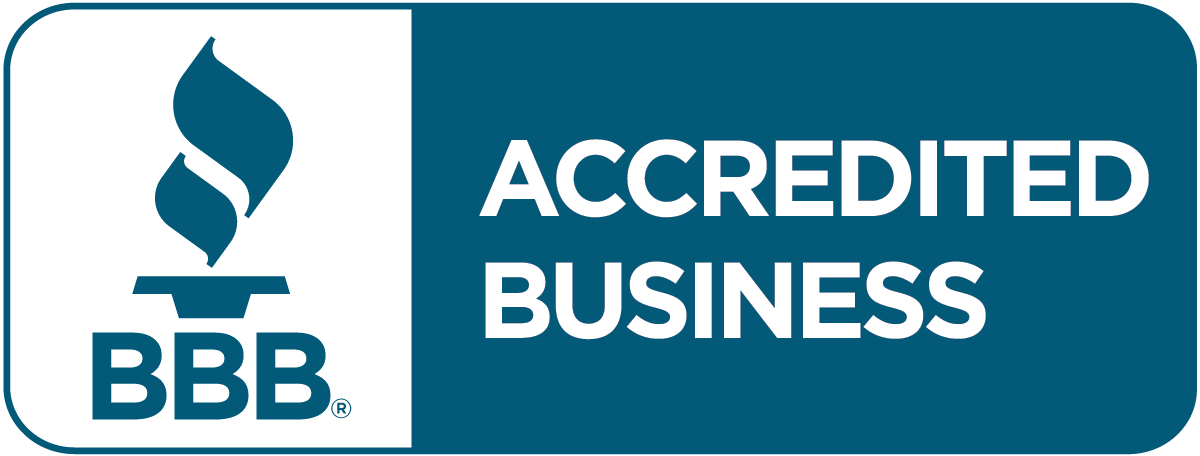Why do I need insurance?
You need disability insurance to protect your most important asset… YOU and YOUR LOVED ONES!
You need medical coverage for the peace of mind for yourself and your loved ones. No one wants to be responsible to pay expenses for 10 years or longer after an illness or injury and no one wants to leave incurred charges to a family member to pay.
How do I determine how much coverage I need?
It will be based on need and affordability.
Why do I need an agent?
An agent can provide personalized customer service, competitive quotes and alternatives, in addition to being a liaison between you and the insurance carrier.
What is the difference between an agency and a brokerage house?
An agent/agency is directly involved with the client whereas a broker/brokerage house mostly works directly with many agents and carriers. An agent provides more personalized service to the client. A broker/brokerage house provides service to the agent.
Can you find the most competitive companies in market?
Yes, we are independent agents and we represent over 30 different insurance carriers with a wide variety of products and plans.
Why do my premiums increase even if I do not have a lot of claims?
Premium increases are necessary because the amount of money received to the carrier should be more than the carrier pays out in expenses. Increases are usually based on the following things:
- Trend: the anticipated rise in the cost of health care
- Demographics: Country and State
- Age Brackets: Usually go in 5-year incremements
- Claims/Loss Ratio: Dollars received versus dollars paid in claims
How can I lower my premiums?
You can lower your premiums by going with higher deductibles, coinsurances, and co-pays. The more risk (financial responsibility) you take, the lower your premiums will be.
What is a co-pay?
A co-pay is a set dollar amount indicated in your policy that you pay for a specific service and does accumulate toward your out-of-pocket. For example, an office co-pay of $40 you would pay exactly $40 and the insurance carrier would pay the remainder of the bill for the visit.
What is a deductible?
A deductible is a preset annual dollar amount that you pay each year before the plan begins to pay. For example, a $2,500 deductible you would pay the first $2,500 of covered expenses each year before the carrier would begin to pay any of the bills.
What is a coinsurance?
Coinsurance is the preset annual portion of the bill that you and the carrier share up to a predetermined limit. For example: an 80% coinsurance to $10,000 means that the carrier would pay 80% and you would pay 20% of covered expenses up to $10,000 or the carrier would pay $8,000 and you would pay $2,000.
What is a pre-existing condition?
A pre-existing condition is any illness or injury that is present prior to a policy taking effect. (Affordable Care Act plans cover all pre-existing conditions.)
What is the difference between COBRA and State Continuation?
COBRA (Consolidated Omnibus Budget Reconciliation Act) is regulated by federal and state laws and applies to businesses with 20 or more employees. State Continuation is regulated by state laws and applies to businesses with less than 20 employees. COBRA and State Continuation provide the right to continue health and/or dental benefits (dental can only be continued under COBRA) for employees and their dependents that otherwise would be lost due to qualifying events as indicated by law. Under COBRA a person had 60 days from the date of the notice informing them of their right to continue coverage to decide and notify the business of their election. Under State Continuation a person has 30 days from the date of the notice informing them of their right to continue coverage to decide and notify the business of their election.
In both cases the insured is responsible to pay the full amount of the premium to the business in a timely manner to keep the coverage in force.
What can I do if I disagree with the insurance carrier’s decision about a claim?
You have the right to appeal a claim a maximum of three times. Each time you file an appeal it goes to a higher level of decision makers. You should refer to your certificate/policy for each carrier’s procedure for filing appeals/grievances or you should contact your agent with any questions on filing an appeal.
Do I have the right to file a complaint against the carrier? If so, who do I send the complaint to?
Yes, you do have the right to file a complaint. You should refer to your certificate/policy for each carrier’s grievance procedures. If your complaint is not handled to your specification, you have the right to file a complaint by contacting the carrier and requesting various information so that a determination can be made if the carrier violated any state statutes and/or laws.



